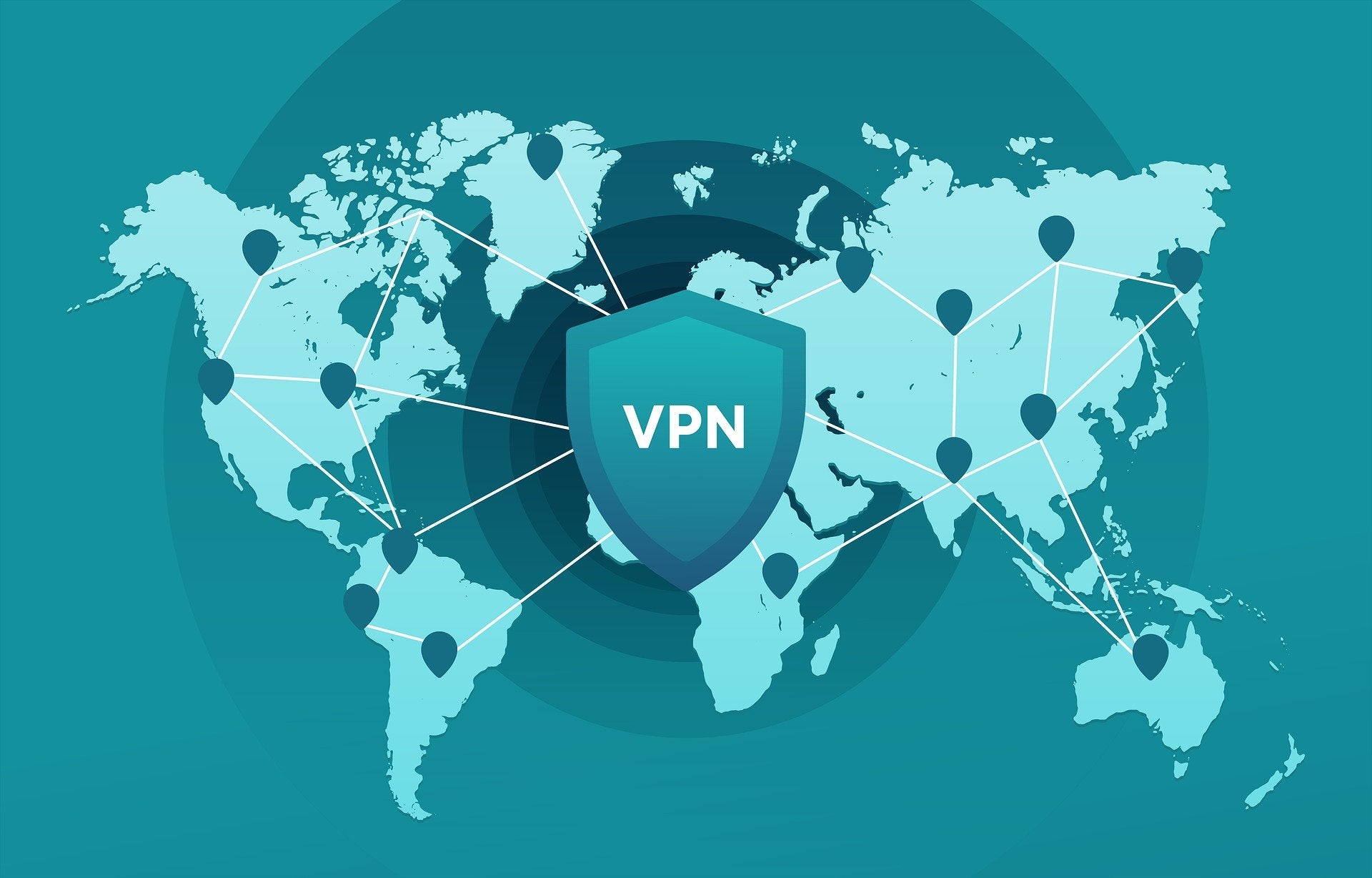Featured
Table of Contents
Ipsec Troubleshooting And Most Common Errors
These negotiations take two types, main and aggressive. The host system that starts the procedure suggests file encryption and authentication algorithms and negotiations continue till both systems choose the accepted protocols. The host system that begins the procedure proposes its preferred file encryption and authentication methods however does not negotiate or alter its preferences.
As soon as the data has been moved or the session times out, the IPsec connection is closed. The personal secrets used for the transfer are deleted, and the process comes to an end.
IPsec uses two main protocols to provide security services, the Authentication Header (AH) protocol and the Encapsulating Security Payload (ESP) protocol, along with a number of others. Not all of these protocols and algorithms need to be utilized the specific selection is figured out during the Settlements phase. The Authentication Header protocol authenticates data origin and integrity and offers replay protection.
What Is An Ipsec Vpn?
A relied on certificate authority (CA) offers digital certificates to confirm the communication. This enables the host system receiving the data to confirm that the sender is who they claim to be. The Kerberos procedure offers a centralized authentication service, permitting devices that use it to confirm each other. Different IPsec implementations may use different authentication techniques, however the result is the exact same: the secure transfer of information.
The transportation and tunnel IPsec modes have several crucial distinctions. Transport mode is mainly utilized in situations where the 2 host systems interacting are relied on and have their own security procedures in location.
File encryption is applied to both the payload and the IP header, and a new IP header is added to the encrypted package. Tunnel mode offers a safe connection in between points, with the initial IP packet wrapped inside a new IP packet for extra security. Tunnel mode can be used in cases where endpoints are not trusted or are doing not have security systems.
What Is Ipsec?
This means that users on both networks can connect as if they remained in the very same area. Client-to-site VPNs enable private gadgets to connect to a network remotely. With this choice, a remote worker can run on the very same network as the rest of their group, even if they aren't in the very same location.
(client-to-site or client-to-client, for example) most IPsec topologies come with both advantages and drawbacks. Let's take a more detailed look at the advantages and disadvantages of an IPsec VPN.
An IPSec VPN is flexible and can be configured for different usage cases, like site-to-site, client-to-site, and client-to-client. This makes it a good option for organizations of all shapes and sizes.
What Is An Ipsec Tunnel? An Inside Look


IPsec and SSL VPNs have one main distinction: the endpoint of each protocol. An IPsec VPN lets a user link remotely to a network and all its applications.
For mac, OS (via the App Store) and i, OS versions, Nord, VPN uses IKEv2/IPsec. This is a combination of the IPsec and Internet Secret Exchange variation 2 (IKEv2) procedures.
Stay safe with the world's leading VPN.
What Is Ipsec Protocol? How Ipsec Vpns Work
Before we take a dive into the tech things, it is essential to discover that IPsec has quite a history. It is interlinked with the origins of the Web and is the result of efforts to develop IP-layer encryption techniques in the early 90s. As an open procedure backed by continuous development, it has actually shown its qualities for many years and despite the fact that challenger procedures such as Wireguard have occurred, IPsec keeps its position as the most commonly used VPN procedure together with Open, VPN.
Once the interaction is established, IPSEC SA channels for safe and secure information transfer are established in stage 2. Characteristics of this one-way IPsec VPN tunnel, such as which cipher, approach or key will be utilized, were pre-agreed by both hosts (in case of IPsec VPN, this is a connection between a gateway and computer system).
IPsec VPNs are extensively utilized for a number of reasons such as: High speed, Really strong ciphers, High speed of establishing the connection, Broad adoption by running systems, routers and other network gadgets, Obviously,. There are alternative options out there such as Open, VPN, Wireguard and others (see the list of essential VPN protocols on our blog site).
Ipsec Configuration - Win32 Apps
When developing an IKEv2 connection, IPsec uses UDP/500 and UDP/4500 ports by default. By standard, the connection is established on UDP/500, but if it appears throughout the IKE facility that the source/destination is behind the NAT, the port is switched to UDP/4500 (for details about a technique called port forwarding, check the short article VPN Port Forwarding: Great or Bad?).
The purpose of HTTPS is to protect the content of communication between the sender and recipient. This guarantees that anybody who desires to intercept communication will not be able to discover usernames, passwords, banking info, or other delicate data.
All this details can be seen and kept track of by the ISP, federal government, or misused by corporations and enemies. To eliminate such risks, IPsec VPN is a go-to service. IPsec VPN deals with a various network layer than SSL VPN. IPsec VPN operates on the network layer (L3) while SSL VPN runs on the application layer.
Understanding Ipsec Vpn

When security is the main concern, contemporary cloud IPsec VPN need to be selected over SSL considering that it encrypts all traffic from the host to the application/network/cloud. SSL VPN protects traffic from the web internet browser to the web server only. IPsec VPN secures any traffic between two points identified by IP addresses.
The issue of selecting between IPsec VPN vs SSL VPN is closely related to the topic "Do You Required a VPN When A Lot Of Online Traffic Is Encrypted?" which we have actually covered in our recent blog. Some might think that VPNs are barely essential with the increase of inbuilt file encryption straight in e-mail, web browsers, applications and cloud storage.
Latest Posts
Take A Look At 6 Top Vpn Service Providers For Remote Work
Get The Best Business Vpn 2023 - Expressvpn
Nolagvpn - Best Vpn To Get Bot Lobbies In Warzone 2 & Mw2